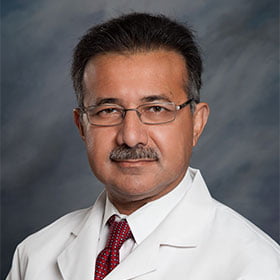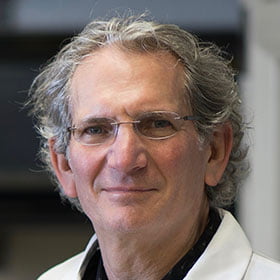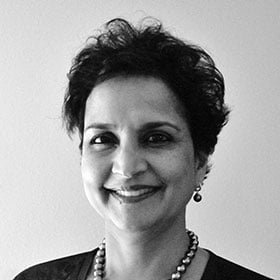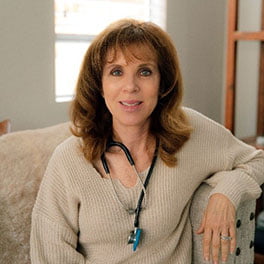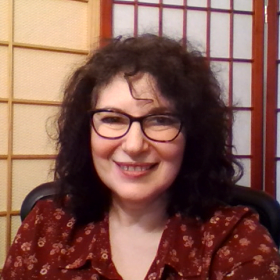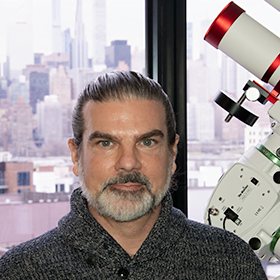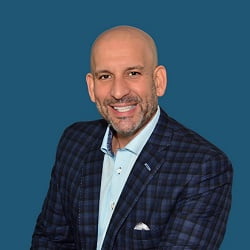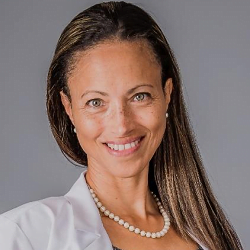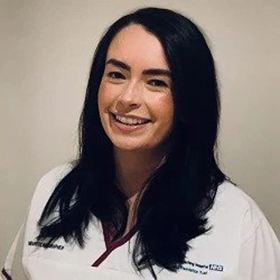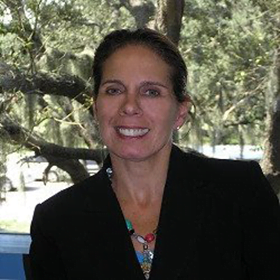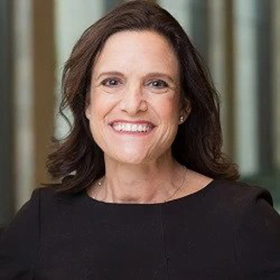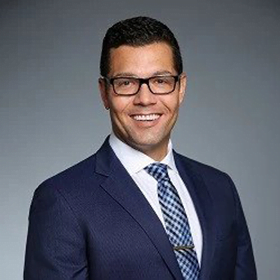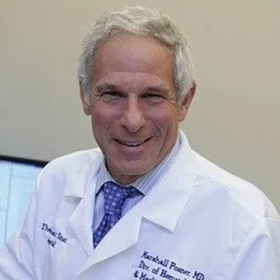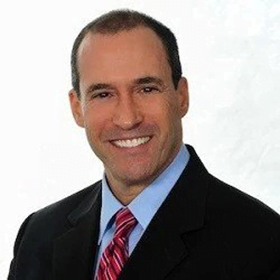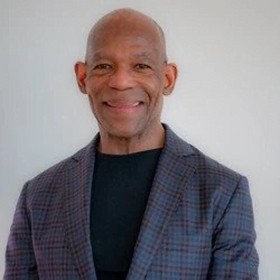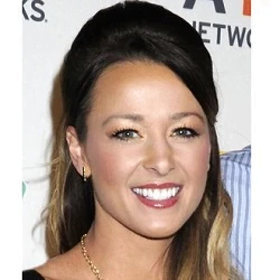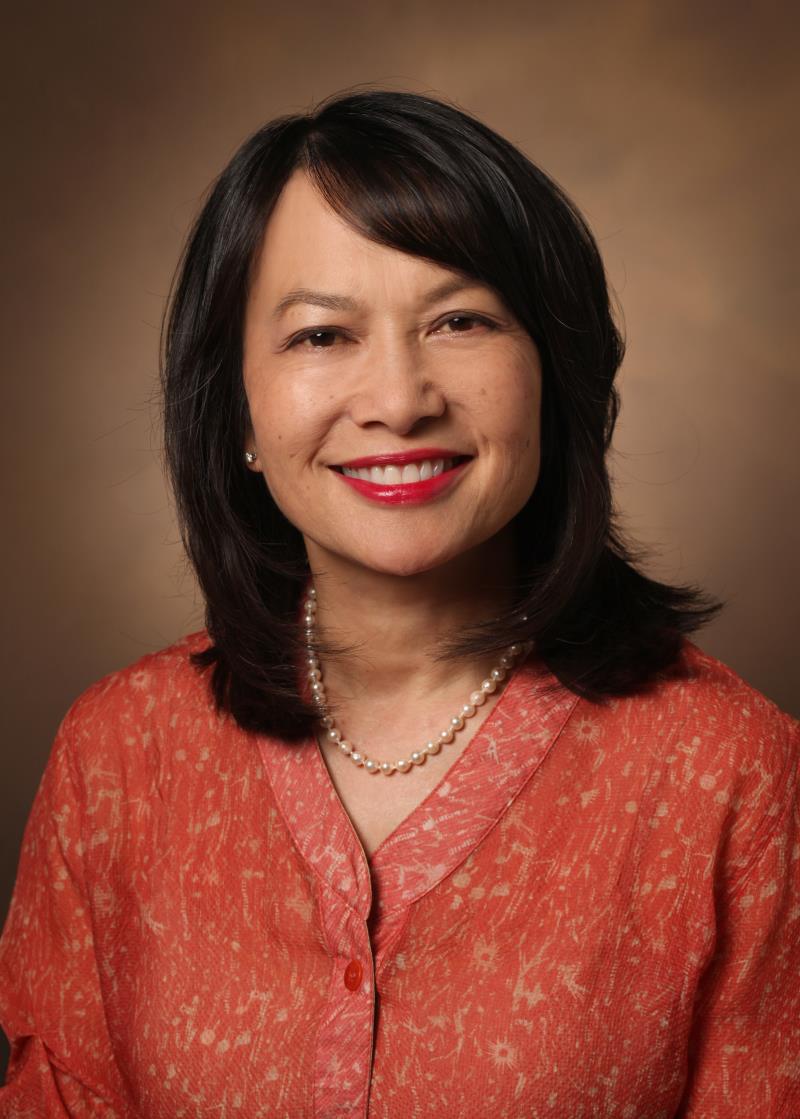
Cathy Eng, MD, FACP, FASCO, is a Professor of Medicine in the Division of Hematology and Oncology, Department of Medicine and is the co-director of GI Oncology and co-leader of the Gastrointestinal Cancer Research Program at Vanderbilt University Medical Center. She moved from MD Anderson to the Vanderbilt-Ingram Cancer Center in 2019 . Dr. Eng manages clinical trials involving innovative drugs for the treatment of anal cancers. Nationally, Dr. Eng has served in multiple leadership roles for ASCO, ASCO GI, ECOG, SWOG and the National Cancer Institute (NCI).
She recently published a review of recent trends in anal cancer and its treatment in the Journal of Clinical Oncology here. We wrote a summary of her article here.
- DO NOT INTERRUPT CHEMORADIATION TREATMENT to “take a break.” Dr Eng emphasized that research repeatedly shows that people who interrupt their course of chemoradiation by more than one or two days are more likely to have an incomplete response to treatment or a local recurrence. If absolutely necessary, it is better to hold back on the chemo when patients experience very bad dermatitis from the radiation.
- GET A SECOND OPINION Dr Eng sees many patients who had previously been treated by doctors who lacked sufficient experience and knowledge in treating this rare cancer. Dr Eng emphasized that it is important patients look for second opinions from doctors with extensive experience treating anal cancer. Because it is a rare cancer, too frequently anal cancer patients receive inadequate medical care.
- Oral Chemotherapy (Capacitabene/Xeloda) are equivelant in terms of successful response to treatments, but not are not recommended for patients prone to nausea or motion sickness. For patients who require chemotherapy for longer than the usual chemoradiation course of treatment or at higher doses, there can be more side effects like diarrhea. A rare side effect of the oral chemo is hand foot syndrome.
- Anal cancer is a mutli-disciplinary disease treated by a team of oncologists who need to be agree on the best treataments.
- Anyone who has had anal cancer must get annual PAP tests with a cotest for HPV. Women who have had anal cancer are at risk for getting an adjacent HPV associated cancer.
- Listen to our Interview with Dr Cathy Eng Here







